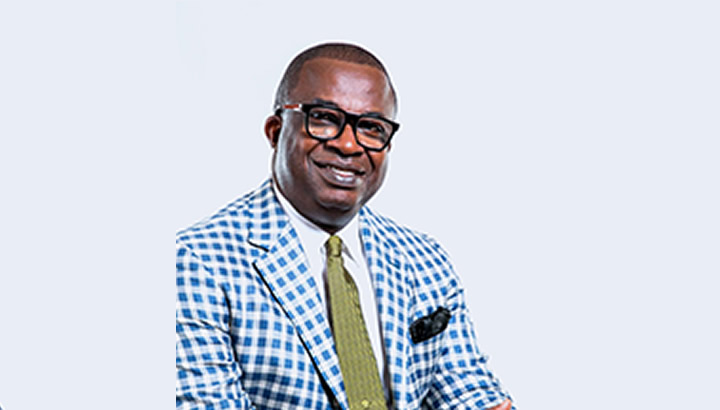
Pregnancies among women in their 40s are increasing, in contrast to before, when teenage pregnancy was on the rise. Pregnancy is increasing as a result of contraception and other factors, as well as because more women are waiting until they are ready to start a family or until they find the ideal mate.
While it is possible to get pregnant after 40, the chances wane more after 45, and by then, it is more difficult to get pregnant naturally without some form of help, usually in the form of Assisted Reproductive Technology. By the time you are 40, your chances of a natural pregnancy are already quite reduced.
If you’re keeping track, you might lose up to 1,021 eggs per month in your lifetime, even if you’re not ovulating, pregnant, using birth control, or for any other reason. And as you get older, the number of eggs lost each month increases. Along with a decrease in egg quantity, there is also a decline in egg quality. The eggs may have a higher chance of chromosomal abnormalities, which can lead to a higher risk of miscarriage or genetic disorders like Down’s syndrome.
Looking at it in more details, a lady in her 30s has a 20 to 25 per cent chance of getting pregnant every month. If she is 40, it reduces to 10 per cent, so it is not surprising that infertility is more common in women above 40. The rate of infertility can even be up to 30 per cent, unlike in the younger age group. The reasons for the differences are due to the quality and quantity of her eggs. If the sex partners are also in their 40s, it is like double jeopardy.
In the 40s, the likelihood of experiencing infertility also increases due to a combination of factors, including a decline in the number and quality of eggs, decreased ovarian function and other age-related changes in the reproductive system. Age-related alterations in the eggs and the entire reproductive system are partly responsible for the increased risk of pregnancy problems such as gestational diabetes, high blood pressure, preeclampsia, and preterm birth that are linked to advanced maternal age.
Even when you get pregnant in your 40s, the chances of losing the pregnancy are high. Up to about 40 per cent of miscarriages are due to poor quality eggs and embryos or other medical complications. This is the general trend for fertility in women over 40. Such women can undergo IVF, which has a success rate of around 15 per cent for women over the age of 40. Because they are not genetically related, using donor eggs may not be the first choice for some people. However, they can carry the baby in their uterus and breastfeed it.
For some women, it is impossible to use their eggs, so they find alternatives. But no matter how the woman gets pregnant, naturally or assisted, pregnancy in the 40s is possible. The term “high-risk pregnancy” derives from the fact that many women must check to see whether the unborn child has any problems; as a result, we no longer perform invasive prenatal testing but rather non-invasive prenatal screening when we detect the high risk.
It is wise to be aware of some of these risks prior to becoming pregnant, although they are manageable. Preconception counselling could be beneficial to learn about the conditions and how they change, as some of them could get worse during pregnancy. It is good to know some of the risks before you get pregnant, either on your own or with donor eggs and ART.
Some complications come up in women who are older because the muscles of the abdomen tend to have lost tensile strength; there is an abnormal presentation of babies, and there are more indications for Caesarean Section. Preconception counselling is necessary if you are over 40 and wish to become pregnant to identify any medical conditions.
There is a significant difference between the ages of 40 and 45, with the possibility of becoming pregnant naturally decreasing dramatically after that age; hence, it’s crucial to start early investigations with your gynaecologist. If you want to become pregnant naturally, you should investigate your options and take care of any medical difficulties so that they do not worsen during pregnancy.
The bottom line is that about 1 in 10 women will conceive naturally after 40, while many other women in their 40s get pregnant with the help of assisted reproductive technology. In fact, if you are over 40, you have about a 10 per cent chance of getting pregnant in any single ovulation cycle.
At 40, your chances of getting pregnant within a year are about 10 to 15 per cent. In your mid-30s, you have about a 30 to 35 per cent chance, and by age 43, your chance of getting pregnant within a year drops significantly. It is important to note that pregnancy at any age has its advantages and disadvantages. If you’re having trouble conceiving spontaneously, a fertility specialist can help.





